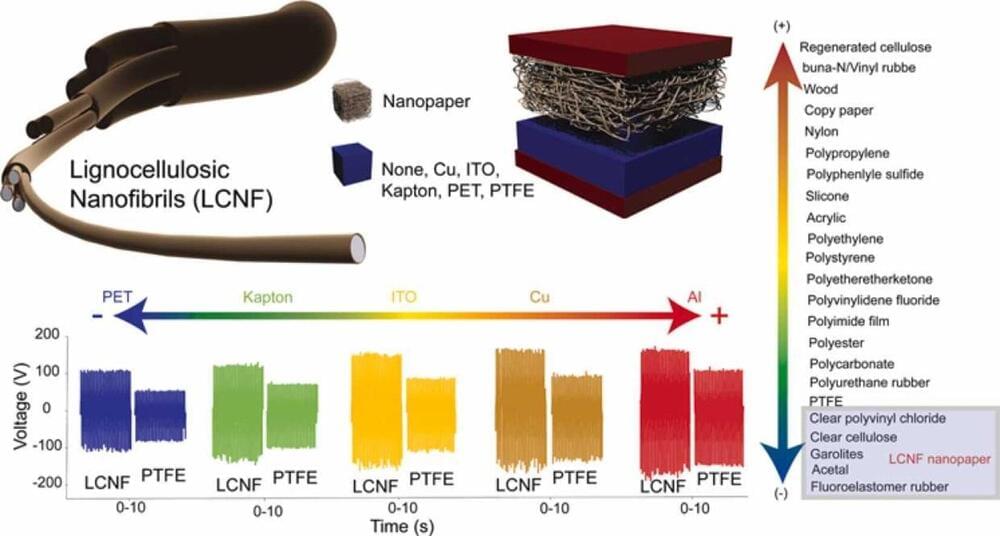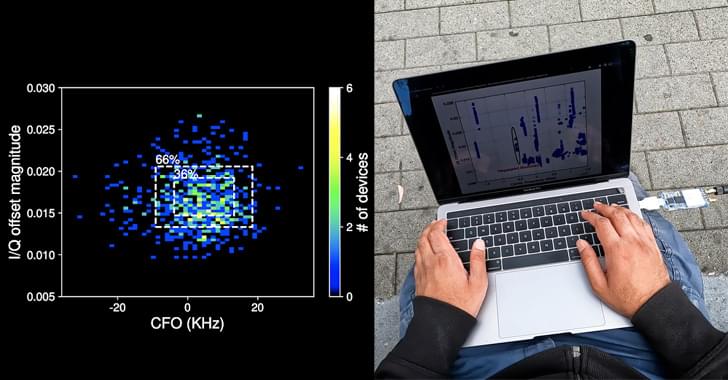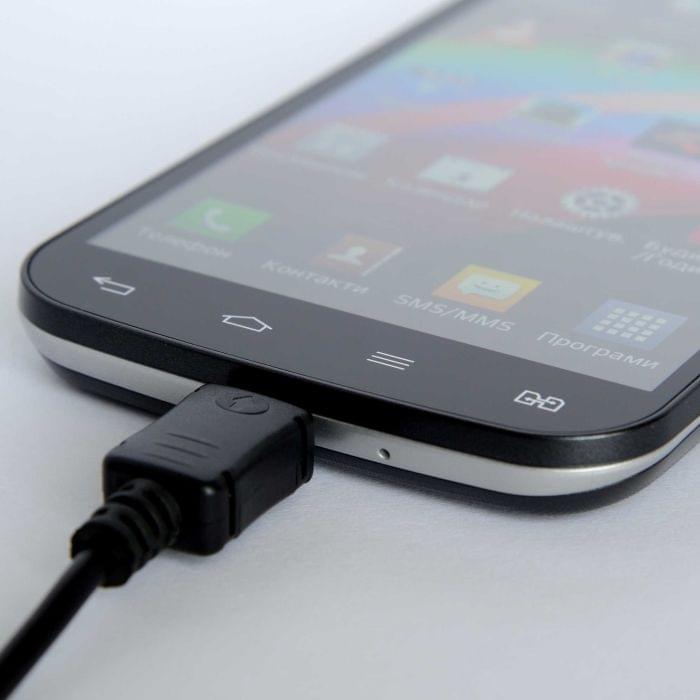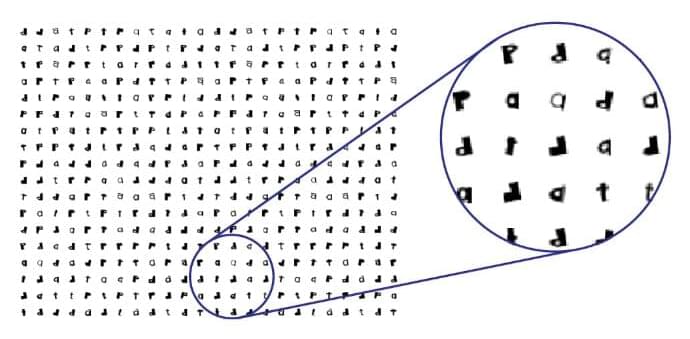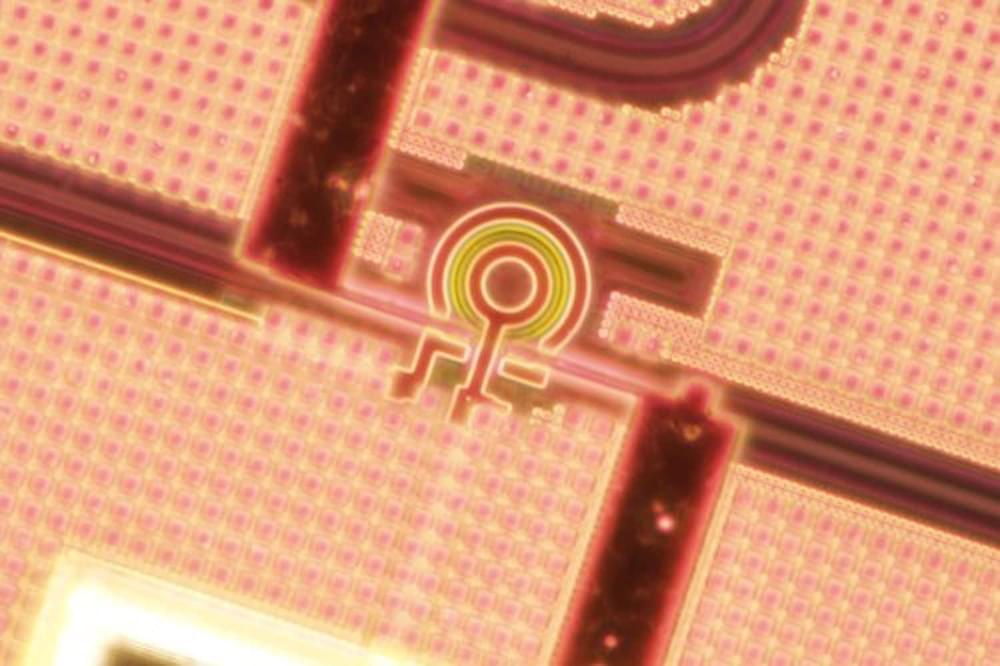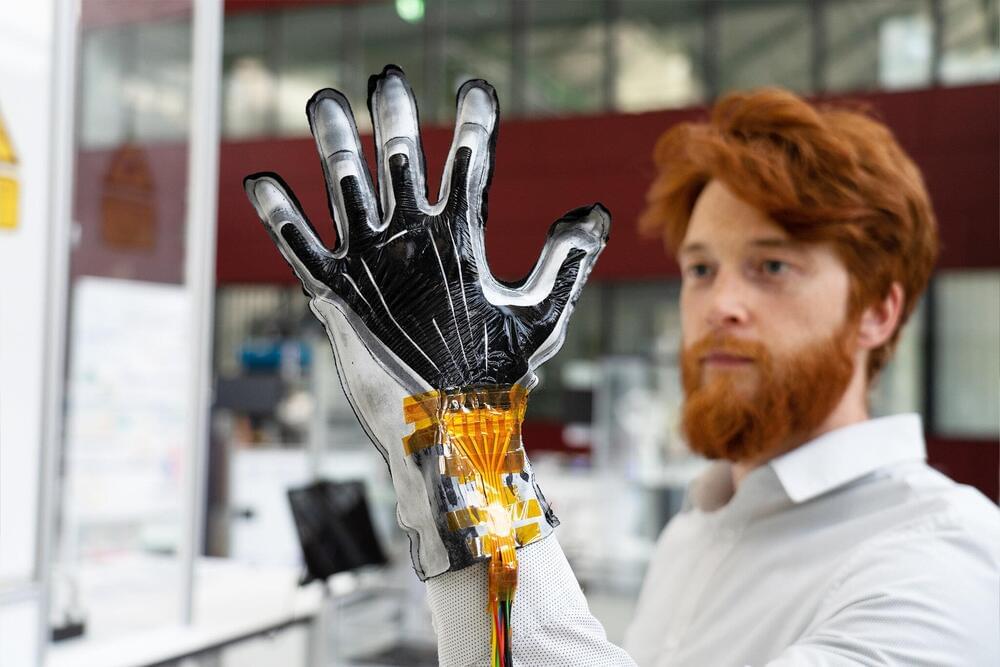Jun 12, 2022
Elon Musk says humans could eventually download their brains into robots — and Grimes thinks Jeff Bezos would do it
Posted by Kelvin Dafiaghor in categories: Elon Musk, mobile phones, robotics/AI
“I think it is possible,” Musk, 50, recently told Insider. “Yes, we could download the things that we believe make ourselves so unique. Now, of course, if you’re not in that body anymore, that is definitely going to be a difference, but as far as preserving our memories, our personality, I think we could do that.”
By Musk’s account, such technology will be a gradual evolution from today’s forms of computer memory. “Our memories are stored in our phones and computers with pictures and video,” he said. “Computers and phones amplify our ability to communicate, enabling us to do things that would have been considered magical … We’ve already amplified our human brains massively with computers.”

